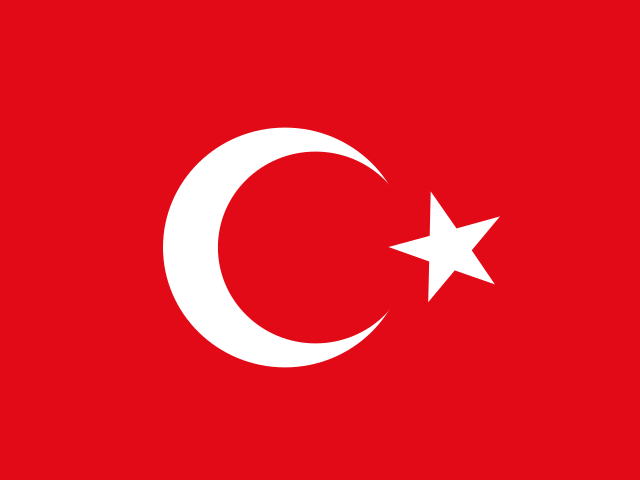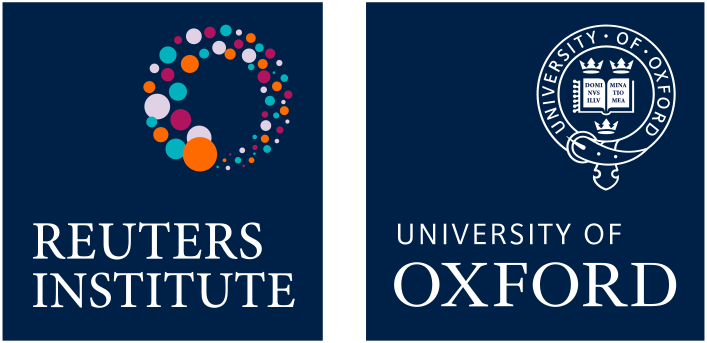
Turkey
Following the arrest of President Erdoğan’s main political challenger in March 2025, Turkey witnessed the largest anti-government protests of the last decade. While the question of whether Erdoğan will secure a third term as president remains unclear, freedom of expression and the press in Turkey continue to face serious threats, with the government intensifying efforts to silence critical voices and restrict independent journalism.
In late March 2025, the arrest of Ekrem İmamoğlu, the opposition’s Istanbul Mayor, along with around 100 others connected to him, sparked widespread protests across the country. Just before his arrest on corruption charges, İmamoğlu’s bachelor’s degree was controversially annulled by Istanbul University, disqualifying him from running for president. In response, the Republican People’s Party (CHP) invited the public to join their 1.7 million members in showing solidarity with İmamoğlu, resulting in approximately 15 million votes for his presidential candidacy in CHP’s primaries for the next election. Following his arrest, hundreds of thousands took to the streets, accusing the judiciary of political bias, condemning arbitrary arrests and mistreatment of peaceful protesters, including many students, as well as the growing authoritarianism in Turkey.
The crackdown was accompanied by intense pressure on mainstream and independent media outlets, journalists, public figures, artists, and ordinary citizens. Immediately after İmamoğlu’s arrest, the Governor of Istanbul imposed a four-day protest ban, with access to popular social media platforms restricted and major metro lines closed. The High Council for Broadcasting (RTÜK), Turkey’s media regulator, imposed fines and publication bans on opposition media, including Halk TV and Tele 1 and a ten-day blackout on Sözcü TV for ‘inciting hatred and enmity’ during their live coverage of the protests. Eight Turkish journalists were subsequently brought to trial in April,1 while two foreign correspondents faced legal action. Mark Lowen, a BBC correspondent, was deported for ‘being a threat to public order’, while Swedish correspondent Joakim Medin was arrested on charges of ‘insulting the president’ and ‘belonging to an armed terrorist organisation’. Turkish authorities claimed Medin’s arrest was unrelated to his journalistic activities.2
Social media played a significant role in amplifying both the protests and the opposition’s call for a boycott of pro-government media firms and companies as well as a one-day shopping boycott. Turkey's state broadcaster TRT fired several actors who used social media to support the shopping boycott and then removed a complete series from its streaming platform after the show’s screenwriter declared his solidarity with the actors. Additionally, Meta faced a substantial fine by the Turkish government for not complying with restricting content, and X’s Global Government Affairs team objected to court orders to block over 700 accounts of news organisations, journalists, political figures, and students.
During 2024, Turkish media faced significant legal and governmental pressures, with at least 10 journalists arrested and 57 detained.3 More than 30 journalists were sentenced for offences such as ‘insulting public officials’, ‘inciting violence against law enforcement’, ‘spreading misleading information’, and ‘promoting terrorist organisations’. Three journalists faced charges for insulting the president, and around 17 others are currently on trial, facing prison sentences of up to nearly five years for similar offences. By the end of 2024, Article 299 of the Turkish Penal Code, which covers insulting the president, has been used to prosecute over 250 journalists during Erdoğan's term, with 77 receiving prison terms or fines.
One prominent example of the legal pressures on independent media was in May 2024, when the regulator, RTÜK, imposed a broadcast ban and fine on Açık Radyo (Open Radio), an independent Istanbul-based radio station, for ‘inciting hatred and enmity among the people’ due to a mention of the ‘Armenian genocide’ by a guest. When RTÜK revoked their terrestrial broadcast licence in July 2024, Açık Radyo moved operations online as ‘Apaçık Radyo’ (Very Open Radio). But the closure of the independent news site, Gazete Duvar, showed that legal pressures are not the only challenge. While it began amidst the political unrest following the 2016 coup attempt, its owner blamed the site’s closure on financial difficulties, largely due to changes to Google’s algorithm rather than on politics.4
In July 2024, 19 international human rights and press freedom organisations urged the EU to take stronger steps to protect freedom of expression and journalists' rights in Turkey, which had become the country with the highest number of pending cases – around 21,600 – at the European Court of Human Rights.5 According to Freedom House, Turkey also ranks among the top ten countries that have experienced the sharpest decline in freedoms over the past decade.
Nic Newman
Senior Research Associate, Reuters Institute
Changing media
Television remains an important and influential source of news in Turkey, while print’s decline continues, with weekly readership dropping to almost a third of its 2015 level.
Trust in news overall
33%
(-2)
=33/48
Trust in news in general dropped to its lowest level since 2015. Brands with higher levels of trust such as NowTV News, Sözcü TV, and Halk TV are known for their oppositional stance, while pro-government brands such as the public broadcaster (TRT) consistently have lower trust scores overall in a highly polarised environment.

